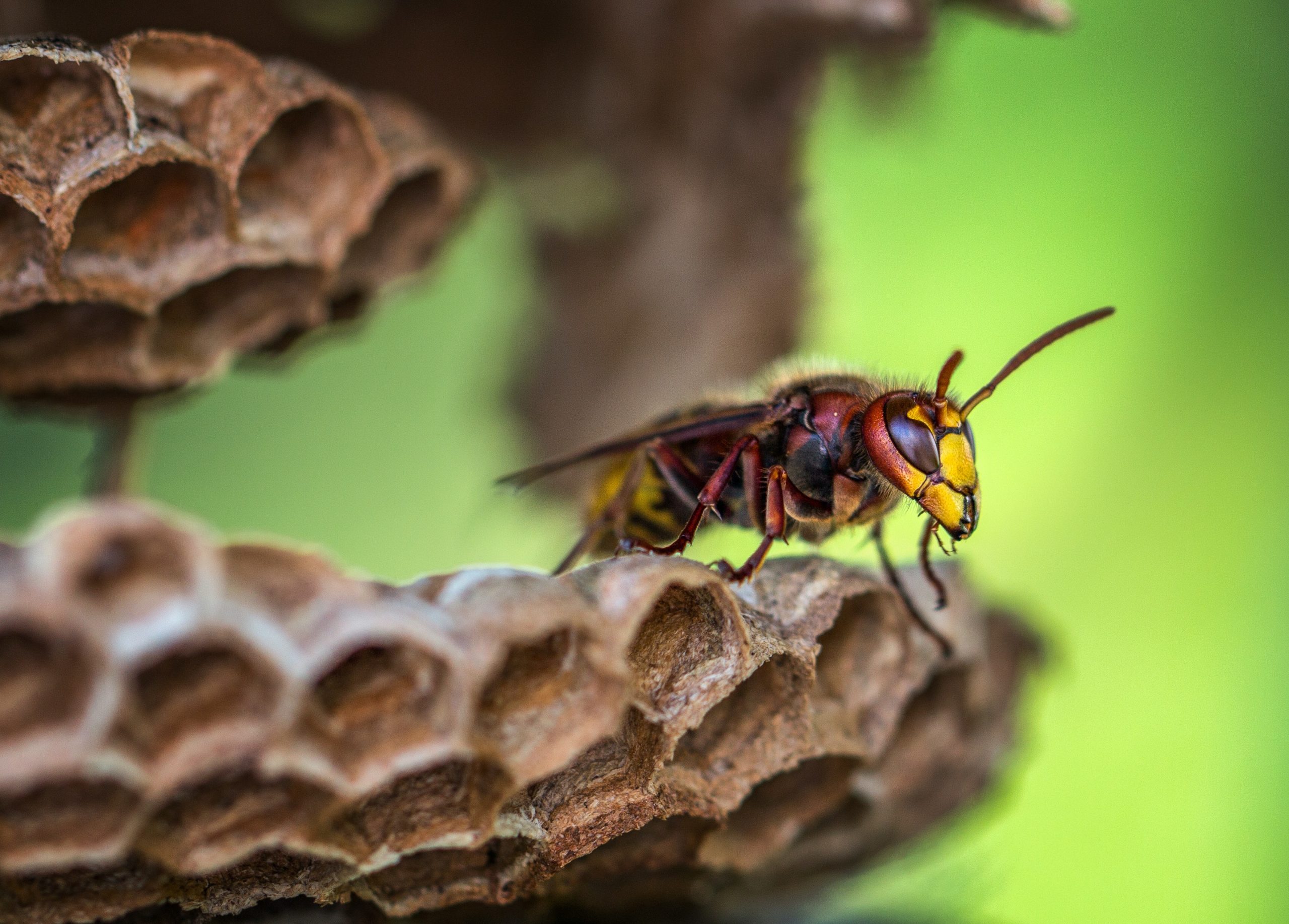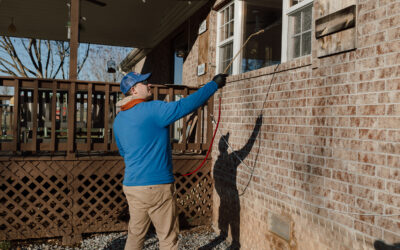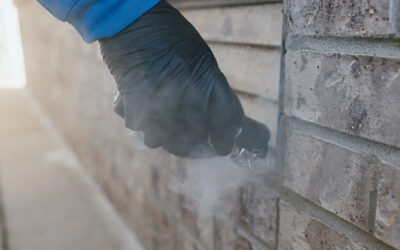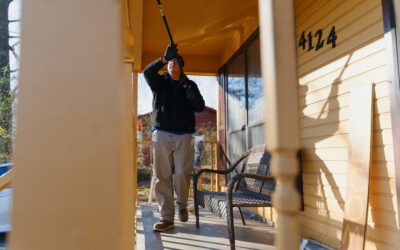
What to do with a wasp nest?
When dealing with a wasp nest, it is critically important for you to be careful, above all else. Wasps are dangerous and unpredictable, even though we do know how they tend to behave alone and in groups, we don’t always know how large their population may be when we run across them in our yards or around our homes, so we usually can’t predict how dangerous a swarm may be without provoking it to find out. This should be avoided at all costs. Instead, wasps are one kind of insect that really should be handled professionally, because they are so aggressive when they defend their territory and can nest in the most unusual places that are best for a trained pest control specialist to investigate and remove them. Most people who have not yet been stung by a wasp don’t know whether they are allergic to wasp stings or not, and wasp stings are painful for everyone who is unlucky enough to receive one or, more likely, several. Wasps are able to sting repeatedly, with stingers that function similarly to a sewing needle, able to pierce several times repeatedly. Because wasps are so dangerous, it is vital to know what to do if you find a wasp nest near your home or other frequently used area.
What to do when you find a wasp nest
If you find a wasp nest, you should take the following precautions in order to keep from provoking a wasp swarm and risking your own safety as well as that of any household members or neighbors who might be nearby.
Avoid the area
Wasps are known for becoming aggressive when they feel their nest is threatened. If possible, make sure that you and any other people who might come around know to avoid the area where you have found a wasp nest. Block off access to foot traffic if possible, and keep pets away from the area, too.
Treat the nest, if you must
If you have decided to try to deal with the wasp nest using DIY pest control methods rather than allowing a professional to safely remove it, then you would need to spray the nest with the appropriate products to kill the wasps inside. Again, this method of wasp pest control is not recommended unless you have thoroughly researched the proper techniques and products to use.
Kill any remaining wasps
If attempting DIY wasp nest control, then you will need to kill individual wasps when you treat the nest, as they will surely come out to investigate and defend their nest.
Destroy the nest
The nest must be fully destroyed. This may involve excavating it from any hollow space that the wasps may have nested in, which may extend far further than what you first see when you approach the nest area, requiring more product to subdue and destroy. Bag up and dispose of any remaining pieces.
For help, call West Termite, Pest & Lawn today.
More posts from West Termite, Pest & Lawn
Pestproofing Entry Points Before Spring
As spring approaches in Arkansas, homeowners face an increased risk of pests seeking warmth, food, and shelter. Many infestations begin with small, unnoticed entry points that allow insects, rodents, and other pests to move indoors. Pestproofing your home before the...
Early Spring Termite Activity in Arkansas
As Arkansas begins to warm in early spring, homeowners may assume termites remain dormant until the summer months. In reality, spring termite colonies can become active much earlier, especially as soil temperatures rise and moisture levels increase. Subterranean and...
Preparing Your Home for Early Spring Pests
As winter fades and temperatures rise in Arkansas, homes become vulnerable to a fresh wave of early spring pests. Early spring is a critical time to take preventive action because insects, rodents, and other pests start emerging from dormancy, seeking food, warmth,...



